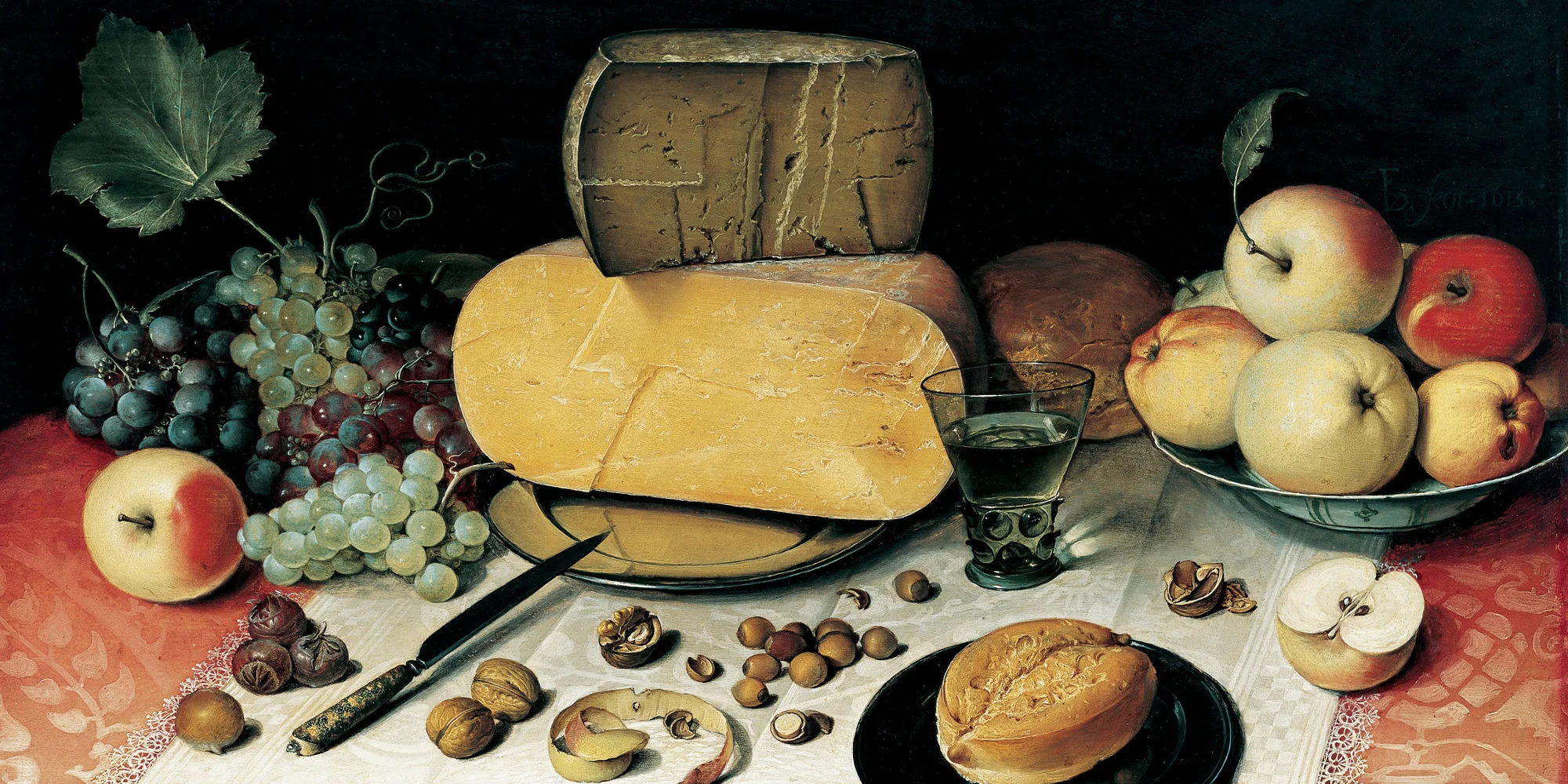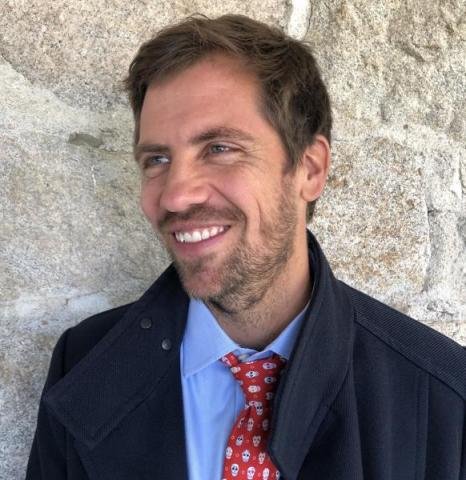Friday Speaker Series
Spring 2024
An ongoing series of discussions with Yale faculty and visiting speakers on timely and timeless questions.
Fact-Checking and the Problem of Public Knowledge
Chad Hegelmeyer | 12-1.30pm, February 2
What is the purpose of institutionalized fact checking? At times its importance is explained by the need to protect the general public from misinformation, but it also protects public figures and institutions from the embarrassment of being caught in error. What do these differing rationales imply about the state of public knowledge? And what can the history of this peculiarly modern - and peculiarly American - practice teach us about the role of public knowledge in democratic society and about the social character of factual knowledge?
Chad Hegelmeyer is Lecturer in English at New York University.
Strauss on Liberal Education
Steven Smith | 12-1.30pm, February 9
In 1959 the scholar of political philosophy Leo Strauss gave a commencement address to the graduates of the University of Chicago’s program of liberal education for adults. He offered a succinct and provocative vision of the nature of liberal education, beginning with the claim that “liberal education is education in culture or toward culture.” What did Strauss mean by this and what lessons does his address hold for us today?
Steven Smith is Alfred Cowles Professor of Political Science at Yale University.
Effective Altruism and the Pursuit of an Optimized Ethics
Peter Wicks | 12-1.30pm, February 16
The idea that we should seek to use our resources (time, talent, wealth) in ways that maximize the positive impact we have on the world is disarmingly simple, but the effective altruism movement shows that it can lead in some surprising - and controversial - directions. Why did the movement only emerge so recently if its guiding principle is so simple? Is effective altruism just rebranded utilitarianism, or something genuinely new?
Peter Wicks is Scholar-in-Residence at the Elm Institute.
Arendt on Truth, Lies, and Politics
David Bromwich | 12-1.30pm, February 23
In "Truth and Politics," Hannah Arendt argued that truth-telling may not be a political virtue. Do we agree? How much depends on the difference between the whole truth and the relevant truth? Related questions turn on the uses of equivocation, "owning the narrative," and telling the truth with a mental reservation.
David Bromwich is Sterling Professor of English at Yale University.
Is Attention a Distraction?
Antón Barba-Kay | 12-1.30pm, February 29 [THURSDAY]
In our digital age it has become common to think of attention as a resource and to worry about its extraction by exploitative tech companies. A variety of countermeasures have sprung up to defend against this exploitation: from cell phone bans in schools, to mindfulness apps, digital detoxes, and all manner of “slow living” movements. But what if these supposed forms of resistance are symptoms of the problem they purport to solve? Is there some way of thinking about our attention that escapes this vicious circle? Or is attention an unhelpful concept for diagnosing our digital afflictions?
Antón Barba-Kay is Robert B. Aird Chair of Humanities at Deep Springs College.
Dignity, Struggle, and the Great Wheel of Being
Jennifer Herdt | 12-1.30pm, March 29
Are human beings somehow closer to God, or more godlike, than other creatures? Or are all of God’s creatures equally beloved by and close to (or distant from) God? Understandings of human dignity associated with the Great Chain of Being license not only human/nonhuman hierarchy but also hierarchies of value among humans. Happily, robust theological resources exist for an alternative, which we might call the Great Wheel of Being.
Jennifer Herdt is Gilbert L. Stark Professor of Christian Ethics at Yale Divinity School.
Hannah Arendt and the Philosophy of Natality
Jennifer Banks | 12-1.30pm, April 12
Socrates called philosophy a preparation for death and there is a long tradition of treating the contemplation of death as the beginning of wisdom. But birth has received remarkably little attention. What if we were to subject the phenemenon of birth to the same sustained reflection traditionally accorded to death?
Jennifer Banks is Senior Executive Editor at Yale University Press.
Liberalism Against Itself
Samuel Moyn | 12-1.30pm, April 19
Confronted by devastating wars, rising totalitarianism, and permanent nuclear terror, many mid-century liberals concluded that Enlightenment ideals, far from offering a solution to these problems, were ultimately responsible for them. They responded by abandoning the Enlightenment ideals of emancipation and equality in favor of a liberalism focused on preserving individual liberty at all costs. What are the prospects for a twenty-first century liberalism that recaptures its Enlightenment heritage?
Samuel Moyn is Chancellor Kent Professor of Law and History at Yale University.









